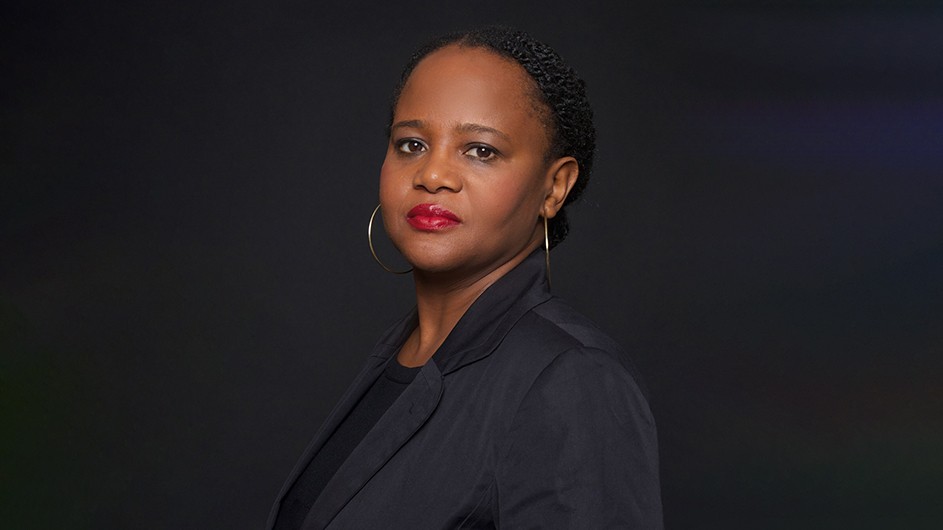Edwidge Danticat, Once a Barnard Student, Is Now a Columbia Professor
This fall she is teaching a course on writing in the presence of ancestors.

Edwidge Danticat, who holds a B.A. in French Literature from Barnard, has returned to Morningside Heights this fall as the Wun Tsun Tam Mellon Professor of the Humanities in the Department of African American and African Diaspora Studies.
She is the author of 17 books, including the novels Breath, Eyes, Memory and The Farming of Bones, as well as the short story collection, Krik? Krak! She has written books for children and young adults; a travel narrative, After the Dance; and a collection of essays, Create Dangerously. Danticat’s memoir, Brother, I'm Dying, was a finalist for the National Book Award and a 2008 winner of the National Book Critics Circle Award for autobiography. Her story collection, Everything Inside, won the 2019 National Book Critics Circle Fiction Prize. She has received numerous other honors, including a MacArthur Fellowship and a Ford Foundation Art of Change fellowship.
Recently, Danticat discussed with Columbia News how it feels to be back on campus, as well as what she’s teaching this semester and how she manages two jobs at once—being a professor and a writer.
How is your first semester going teaching at Columbia—and being across Broadway from your alma mater, Barnard?
My semester is going well, thankfully. It's hard not to feel like the 20-year-old version of myself walking around campus despite so much evidence to the contrary. The difference is that rather than being taught by great scholars and mentors on both sides of Broadway, they are now my colleagues. That still blows my mind and is taking some getting used to.
What are you teaching now?
I am teaching a Topics in the Black Experience graduate seminar, Writing in the Presence of Ancestors. It's framed around Toni Morrison's 1984 essay, “Rootedness: The Ancestor as Foundation,” in which she writes: "It seems to me interesting to evaluate Black literature on what the writer does with the presence of an ancestor." We explore what we can create in the presence of ancestors by looking at what others, including scholars and creative writers, have also produced when hyper-aware of their ancestors.
How does the intersection of teaching and writing affect you? Is there much of an overlap?
My writing projects often involve a lot of research, be it reading, interviews, or travel. Teaching also requires research, even as I read along with students, and learn and grow with them. Again, being here, where I started developing some of these skills, allows me to see what might be possible for students even a few years from now, because they are probably further along than I was at their age. I tried to wrap up two big projects before I got here because I knew it would take some time to find my rhythm to do both. Still, I know that what I'm reading for my classes and the discussions I'm having with students will undoubtedly expand my field of knowledge and make me a better writer.
What are you working on now?
I have a collection of essays coming out in fall 2024—We're Alone. This past summer, I finished a novel, The Once and Future Dead, which I will be editing over the next few months.
What was your path to a career that embraces academia and writing?
At Barnard, I was enamored, like so many were, with the late English Literature and Africana Studies Professor Quandra Prettyman. I remember going to her office one day after I wrote a terrible paper on Charlotte Brontë's Jane Eyre, and she asked me what I read in school that I loved when I was a kid. I said Voltaire's Candide because we read it at school in Haiti when I was 11. She was very impressed by something I had completely taken for granted. Impressing her became a kind of passion for me. I went home and reread Candide that day, and ended up majoring in French literature.
At Brown, where I got my MFA in creative writing, I took all my non-creative writing classes with the amazing scholar Thadious Davis. Whenever I felt uncertain about being in her classes, she would say, "you're holding your own with these PhD students, Edwidge." Those extraordinary Black women academics and scholars showed me that deep reading makes for better writing, and encouraged me to expand my writing into their world.